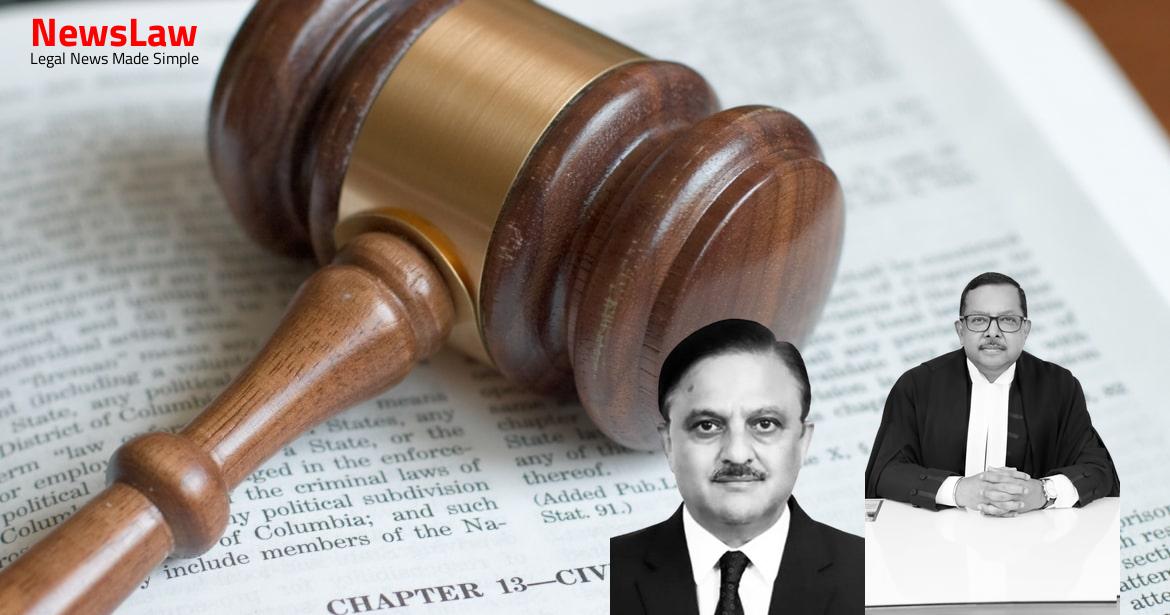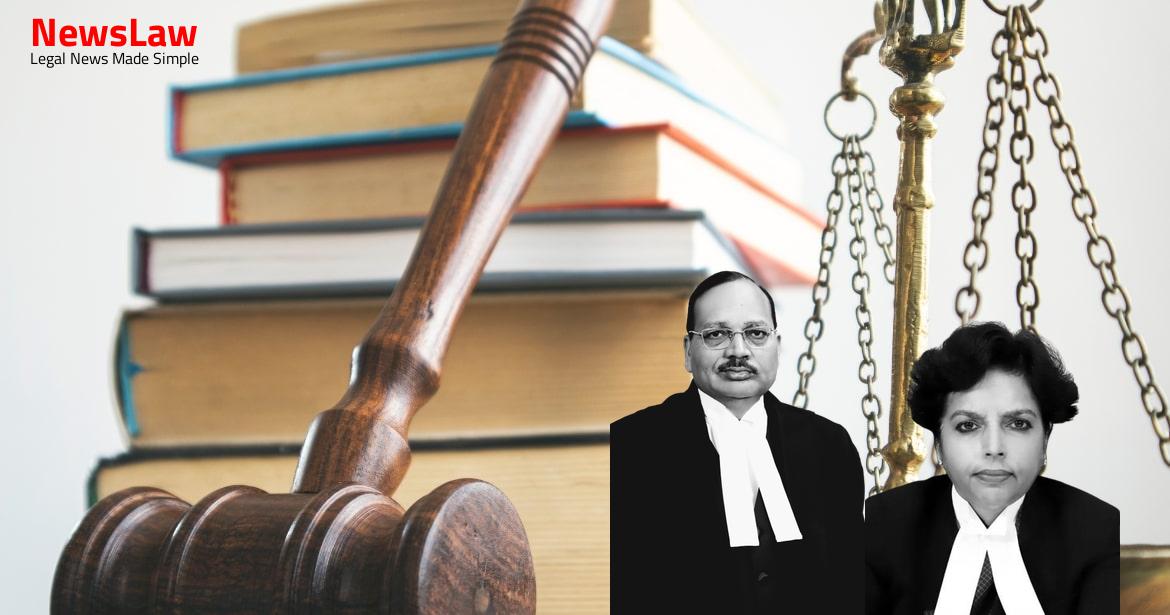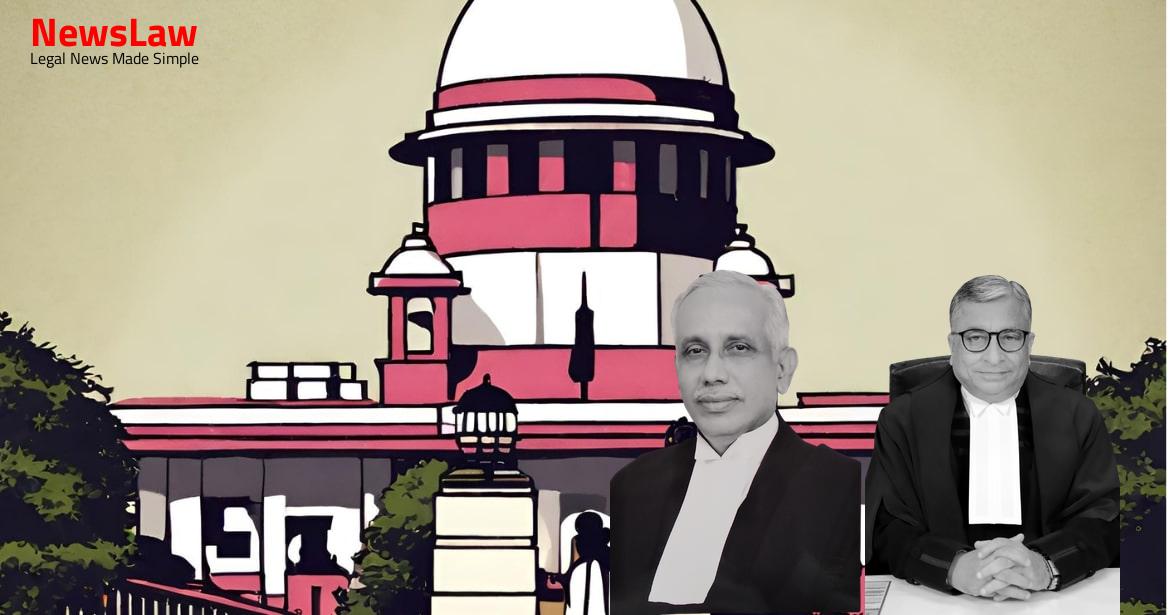The recent court ruling highlighted the significance of ethical conduct in legal proceedings. The case involved judicial impropriety leading to the set aside of an impugned judgment. Emphasizing the need for timely justice, the court ordered a fresh decision by the High Court. The legal analysis in this decision serves as a reminder of the crucial role ethics play in upholding the integrity of the judicial system.
Facts
- The respondents had filed an application for discharge in the case
- The application for discharge was rejected by the impugned judgment dated 4 August, 2015
- This rejection implies that the respondents will have to face the trial in the criminal case
- The learned Judge quashed the charge sheet as it pertained to the first respondent.
- The order dated 4 August, 2015, was set aside.
- An order of discharge was passed for another accused.
Also Read: Quashing of Complaint: Legal Analysis
Arguments
- The learned senior counsel for the respondents urged for an independent hearing of the case on merits.
Also Read: Legal Interpretation of Overriding Effect in Food Safety Legislation
Analysis
- The learned Single Judge pronounced only one line order on 17 April, 2017, declaring the operative part.
- A detailed judgment was made available on 23 October, 2017, nearly 5 months after the learned Judge demitted office.
- The detailed judgment, exceeding 250 pages, was prepared by the learned Judge after demitting office.
- There were five weeks available for the Judge to release the reasoned judgment before demitting office, raising concerns over the delay.
- Retaining the file for 5 months after demitting office is seen as a gross impropriety on the part of the Judge.
- Lord Hewart emphasized the importance of not only doing justice but also ensuring that it is seen to be done.
- The actions taken in the case are in contradiction to Lord Hewart’s principle.
- The court cannot support such improper actions and therefore suggests setting aside the impugned judgment and remitting the cases to the High Court for a fresh decision.
- The court cannot tolerate the actions that have occurred in this case.
Also Read: Analysis of Improper Grant of Bail in the Director of Enforcement v. Bablu Sonkar Case
Decision
- The impugned judgment in Criminal O.P.No.21243/2014 and Criminal Revision Case No.1191/2015 in Criminal M.P.No.3613/2014 in CC No.03/2014 is set aside.
- The matters are restored to the file of the High Court of Judicature at Madras for fresh decision.
- Both cases shall be decided afresh by the High Court in accordance with the law.
- No adjudication on the merits of the controversy has been made, leaving all issues open for the High Court to decide.
- Parties are allowed to bring any subsequent events to the notice of the High Court in accordance with the law.
- The appeals are partly allowed.
Case Title: STATE THROUGH INSPECTOR OF POLICE CBI CHENNAI Vs. NARESH PRASAD AGARWAL (2024 INSC 120)
Case Number: Crl.A. No.-000829-000830 / 2024



